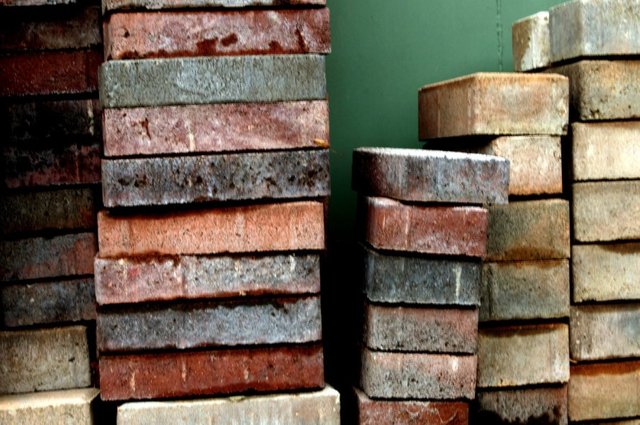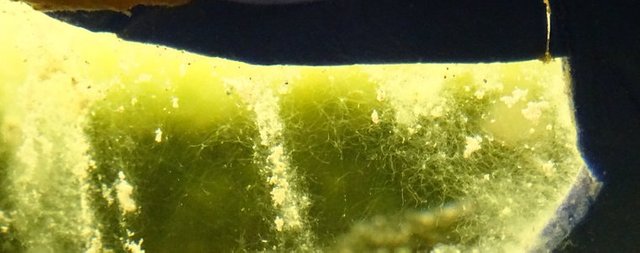Smart bricks recycle waste and produce electricity

Very cool project with fail abbreviation, LIAR or Living Architecture develops building bricks that can extract resources from sunlight, waste water and air. Bricks can be connected with each other and create a "wall-bioreactor", which could then be used in housing construction, public buildings or offices.
The project with a budget of 3.2 million euros is coordinated by the University of Newcastle, in collaboration with experts from the University of West of England (UWE Bristol), Trento - National Research Council of Spain, LIQUIFER Systems Group and Explora.
Each block will contain a microbial fuel cell is filled with synthetic programmable micro-organisms, developed by UWE Bristol.
Each brick contains many microorganisms, specially chosen for water treatment, recycling of phosphates, electricity production and the creation of new detergents. Live microorganisms which populate the wall will be able to sense their environments and to respond to them through a series of digitally controlled machinery.

"The best way to describe what we are trying to create - a" biomechanical cow's stomach, "says Rachel Armstrong (Rachel Armstrong), a professor of experimental architecture at the University of Newcastle, UK, which is coordinating the project. "It contains various sections, each of which converts organic waste, but in general, they are associated with each other, we imagine how the digestive system for your home or office."
«LIAR project is incredibly exciting - it unites the living architecture, computer science and engineering, to find a new way to tackle global issues such as sustainability," added Professor Armstrong.
Professor Andrew Adamatzki (Andrew Adamatzky), director of the Centre for Unconventional Computing at UWE Bristol, who will lead the direction of numerically controlled machinery, added: "We are going to build buildings that are biological computers."
Researchers seek to find ways to use phosphate - a mineral that is becoming increasingly scarce - and create new detergent using bricks.
"While this project has to deal with very small amounts of the substance, we get valuable information about how the public can collectively collect the recovered substance from their wastewater, with potential savings through the re-allocation of resources across the organization, or other interested parties such as manufacturers washing machines, "the professor says.
LIAR project received funding from the research and innovation of the European Union program Horizon 2020 in accordance with the grant agreement number 686585.
Nice @medvejatin
Shot you an Upvote :)